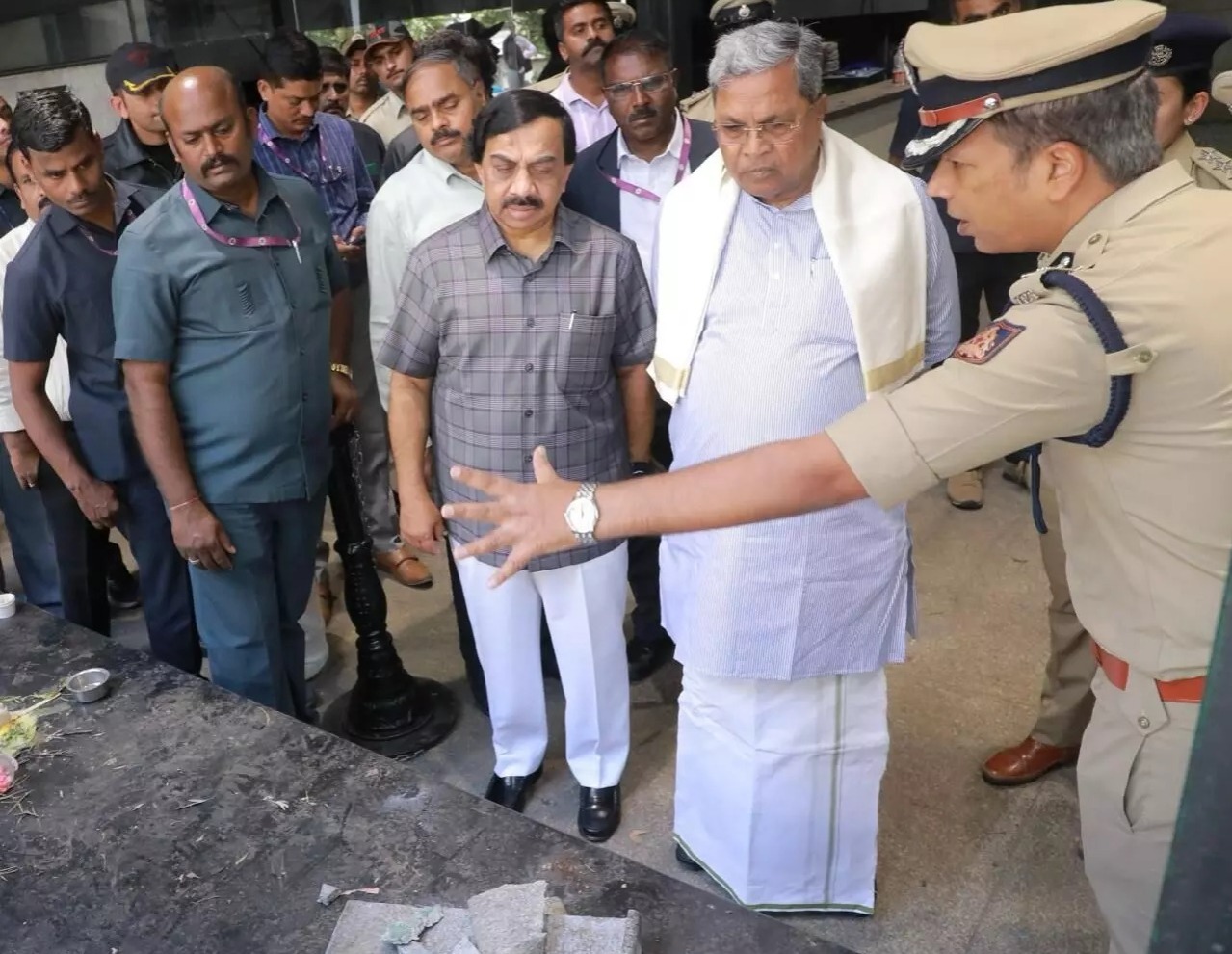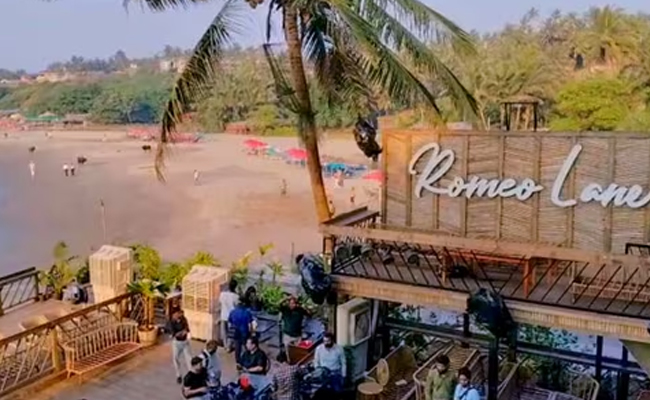Chikkamagaluru (PTI): Karnataka Chief Minister Siddaramaiah on Sunday said the government may consider handing over the Rameshwaram Caf blast case to the National Investigation Agency (NIA) if the need arises.
Speaking about the blast at popular eatery at Brookefield on March 1, which left 10 people injured, the chief minister said that the Central Crime Branch (CCB) is investigating the matter.
On the BJP's demand for an NIA probe, Siddaramaiah said, "We will see. The investigation has begun just now. No accused has been arrested yet. We will see if the need arises (for NIA investigation)."
On BJP's charge that instead of Brand Bengaluru, the city has become "Bomb Bengaluru", Siddaramaiah countered, "What should we call it when there were four bomb blasts during the BJP's tenure? Who was ruling when Mangaluru cooker blast took place? There was a blast in front of BJP's office in Malleswaram. Who was ruling then? Who is in charge of NIA, IB? It's not their failure?"
He clarified, "I am not supporting the bomb blast. I am condemning it but BJP should not do politics over it."
Bomb blasts are never silly incidents. Governments have always taken it seriously. Public safety and security is very important, he added.
Let the Truth be known. If you read VB and like VB, please be a VB Supporter and Help us deliver the Truth to one and all.
Dubai (PTI): External Affairs Minister S Jaishankar has met with his counterparts from Europe, the UK and Egypt on the sidelines of a high-level international summit in the United Arab Emirates, where leaders and policymakers gathered to discuss key geopolitical and security challenges.
In a social media post on Saturday, Jaishankar said "it was great to be" with Luxembourg's Deputy Prime Minister and Foreign Minister Xavier Bettel, Poland’s Deputy Prime Minister and Foreign Minister Radoslaw Sikorski, and Latvia’s Foreign Minister Baiba Braze.
The minister was in the UAE capital Abu Dhabi to attend the three-day Sir Bani Yas Forum 2025, which concluded on Sunday.
ALSO READ: Having Messi is a golden moment for Mumbai and India: Tendulkar
Jaishankar also met UK Deputy Prime Minister David Lammy on the sidelines of the summit.
"Good to see UK DPM @DavidLammy on the sidelines of Sir Bani Yas Forum 2025," he said in another social media post.
In another meeting, the External Affairs Minister said it was “nice to catch up” with Egypt’s Foreign Minister Dr Badr Abdelatty.
Sir Bani Yas Forum is an annual platform that brings together global leaders, ministers and experts to deliberate on regional and international issues.





